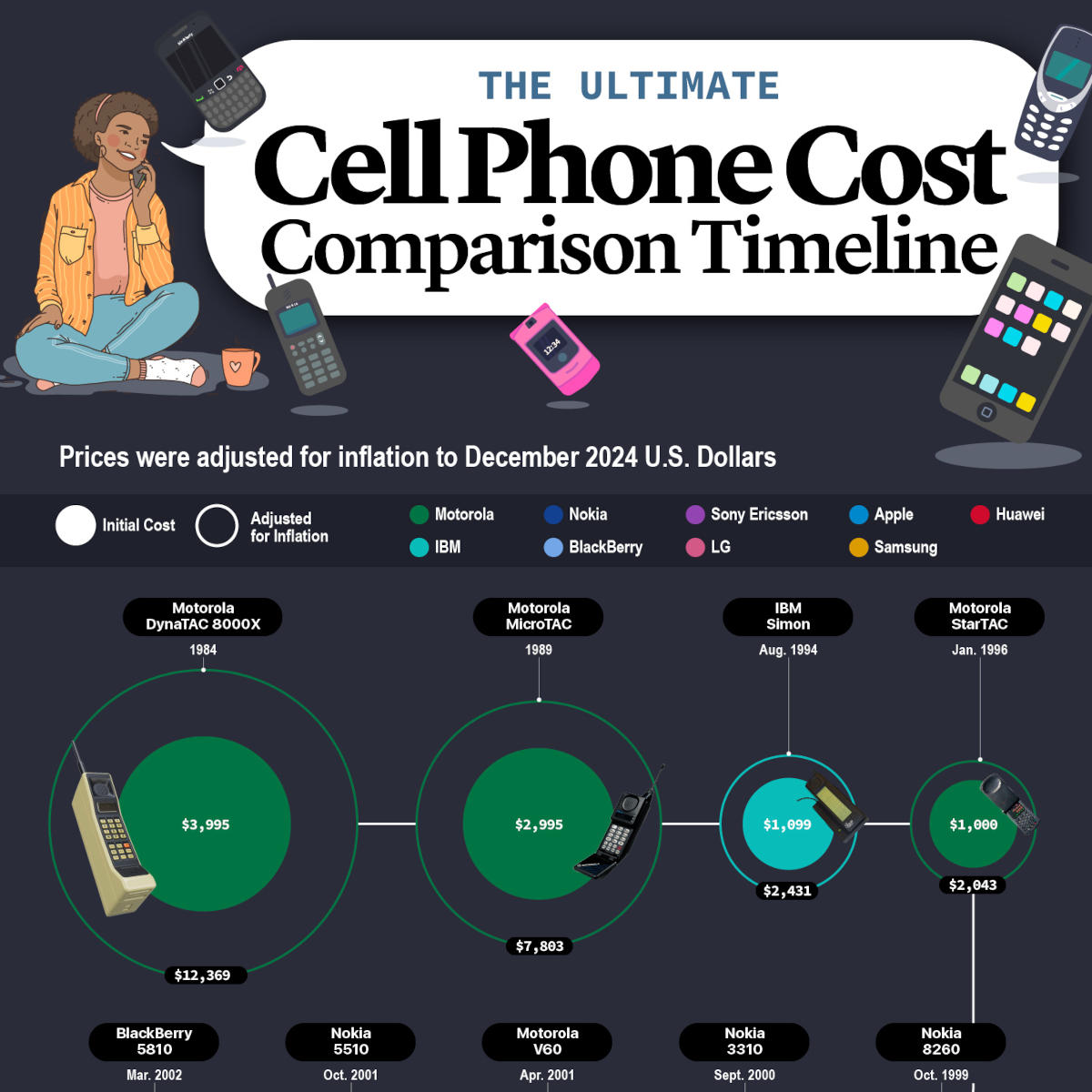Scammers use AI to impersonate your loved ones and celebrities. Here’s what to do.

Imagine you get a call from your grandchild. They sound scared and are talking fast, telling you about how they’ve been arrested and are using their one phone call to get in contact with you. You ask what happened, and they say there’s no time to explain, but you can help by sending them money.
This is enough to give any grandparent a panic attack, but is it real? Scammers have long used methods like these to trick people into sending them money, but in March 2023 the Federal Trade Commission (FTC) sent out an alert warning that scammers are using artificial intelligence to clone the voice of loved ones.
How is this possible?
A scammer just needs a brief audio clip of your loved one’s voice, which can be easily accessible online if anyone has ever posted audio or video of that person, and then putting that clip into a voice-cloning program powered by AI. They can then use the result of that program to mask their voice so that they sound like your grandchild, child, partner, close friend or a public figure.
Is this legal?
No—on February 8, 2024, the Federal Communications Commission unanimously adopted a ruling that makes it illegal to use voice cloning technology in robocall scams targeting consumers.
As FCC Chairwoman Jessica Rosenworcel stated in an FCC news release, “Bad actors are using AI-generated voices in unsolicited robocalls to extort vulnerable family members, imitate celebrities, and misinform voters. We’re putting the fraudsters behind these robocalls on notice. State Attorneys General will now have new tools to crack down on these scams and ensure the public is protected from fraud and misinformation.”
What you can do
If you receive a panicked call from a loved one, the first thing you need to do is try to remain calm. Sure, that’s hard when someone you care about sounds like they are suffering, but it pays dividends whether or not the situation is real.
There are also certain “tells” you can look out for during the call. If they mention anything about wiring money, sending cryptocurrency or even just buying basic gift cards and giving them the card numbers and PINs, those are major red flags of a scam.
Don’t immediately trust the voice. The FTC recommends hanging up immediately and then trying to get in touch with them via a phone number you know is theirs. If you can’t reach them, try to get through to another family member or close friend.
Once you’ve made sure your loved one is safe and identified the call as a scam, please report the scam to the FTC at ReportFraud.ftc.gov.
Be wary of robocalls that sound like they’re from a political candidate telling you a bunch of malarky, such as there’s no need to vote in the upcoming election.
Good news in the fight against spam
The FTC reported in its Do Not Call Registry Data Book-2023 that the number of robocall complaints was down for the second year in a row:
Year / Complaints
FY 2019 / 3.8 million
FY 2020 / 2.8 million
FY 2021 / 3.4 million
FY 2022 / 1.8 million
FY 2023 / 1.2 million
The FTC now has nearly 250 million active registrations in its Do Not Call Registry. You can add yours by registering online at donotcall.gov or by calling (888) 382-1222 from the number you want to register.
Another encouraging piece of news was the FTC’s announcement in July 2023 about Operation Stop Scam Calls—a coalition of U.S. attorneys general, and 100 federal and state law enforcement agencies including the Department of Justice. Learn about their efforts—and multi-million-dollar wins—to fine illegal robocallers.
Ooma home phone service features to help you
While the news is encouraging, the fight isn’t over. If you’re an Ooma home phone customer, there are a couple additional things you can do to protect yourself. First, whenever you get a spam phone call, add that number to your blocklist so you don’t have to worry about it calling you ever again.
The more powerful option is to use Contact Only Calling, available with the Ooma Premier plan. With this, only numbers you know, and know are secure and real, can ring your phone. That means a scammer who is pretending to be someone else wouldn’t even get to say hello to you.
Getting scammed can be a stressful experience, one that can lead to financial ruin and mental anguish. But there are powerful tools available to help you fight back. Remember, the more you know about spammers and their tactics, the better you’ll be at spotting them before they do you any harm.



